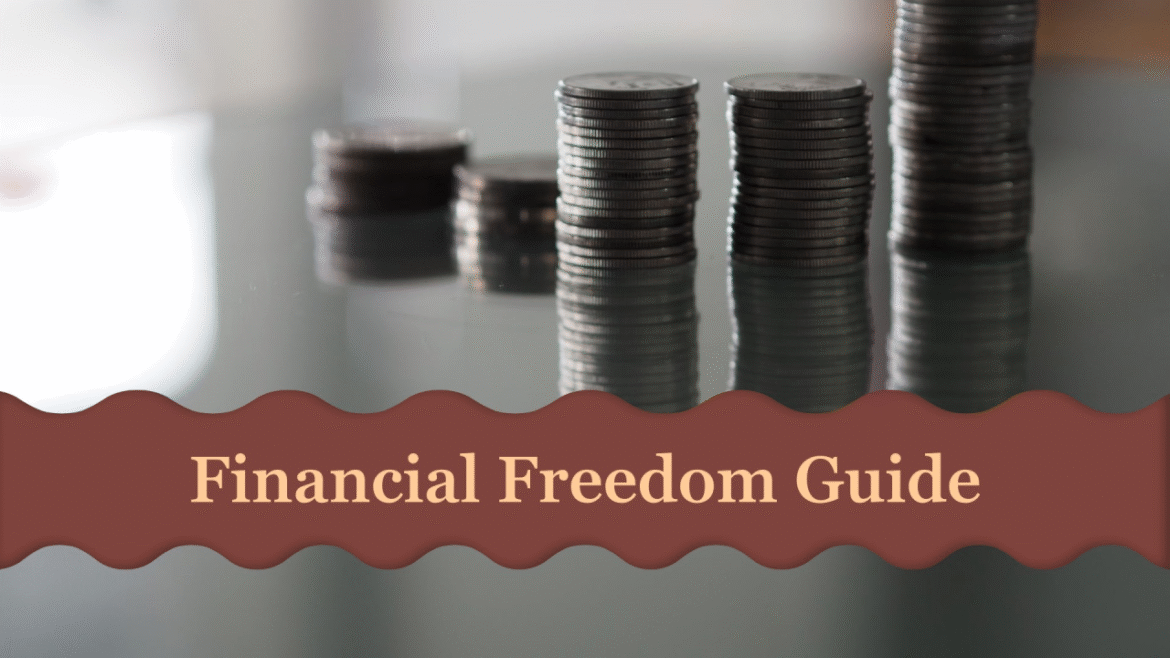In a world where money often dictates our choices, financial freedom has become one of the most desired goals. But what does it truly mean? At its core, financial freedom is having enough income, savings, and investments to live comfortably — without being dependent on a paycheck or drowning in debt. It’s about having control over your finances, and more importantly, your time, peace, and future.
🔑 What Is Financial Freedom?
Financial freedom doesn’t mean being a millionaire. It means:
- Living without constant financial stress
- Being debt-free or managing debt wisely
- Having enough savings to cover emergencies
- Earning passive income that supports your lifestyle
- Having the ability to retire early or pursue your passions
📉 Why Most People Struggle Financially?
Many people find themselves stuck in a cycle of living paycheck to paycheck, overwhelmed by bills, loans, and rising expenses. The reasons can include:
- Lack of financial education
- Overspending or lifestyle inflation
- Poor saving and investing habits
- Uncontrolled debt or no budgeting system
The good news? With the right mindset and strategy, anyone — regardless of income level — can move toward financial independence.
💰 Steps to Achieve Financial Freedom
1. Set Clear Financial Goals
Start by asking: What does financial freedom mean to me? It could be owning a home, retiring by 50, traveling the world, or simply not worrying about money. Write down short-term and long-term goals.
2. Create a Budget That Works
Track your income and expenses. Categorize your spending and find areas to cut back. Tools like budgeting apps can make this easier. A budget is not about restrictions — it’s about giving every dollar a job.
3. Build an Emergency Fund
Save 3–6 months’ worth of living expenses. This cushion protects you from financial shocks like medical emergencies or job loss.
4. Pay Off Debt Strategically
Use methods like the debt snowball (smallest debt first) or debt avalanche (highest interest rate first). Avoid high-interest loans and always pay more than the minimum.
5. Invest Wisely
Investing is key to growing your wealth over time. Learn about stocks, mutual funds, real estate, or retirement accounts. Compound interest is your best friend — the earlier you start, the better.
6. Diversify Your Income
Don’t rely on a single paycheck. Explore side hustles, freelancing, investing, or starting a small business. Multiple streams of income bring stability and speed up your journey to financial freedom.
7. Live Below Your Means
Spend less than you earn. Avoid unnecessary luxuries, and practice mindful spending. Financially free people often live well within their means, not above them.
8. Educate Yourself Constantly
Financial literacy is the foundation of wealth. Read books, listen to finance podcasts, take online courses, and learn from others who’ve achieved what you want.
🌱 Benefits of Financial Freedom:
- Reduced stress and anxiety
- More time for hobbies, family, and travel
- Freedom to retire early or pursue passion projects
- Security and independence — no need to rely on others
- Peace of mind knowing you’re prepared for the future
🚀 Final Thoughts:
Financial freedom doesn’t happen overnight. It’s a journey of discipline, learning, and intentional living. But the rewards — peace, security, and the freedom to live life on your terms — are worth every step.
Start small, stay consistent, and remember: you’re not just working for money — your money should also be working for you.

